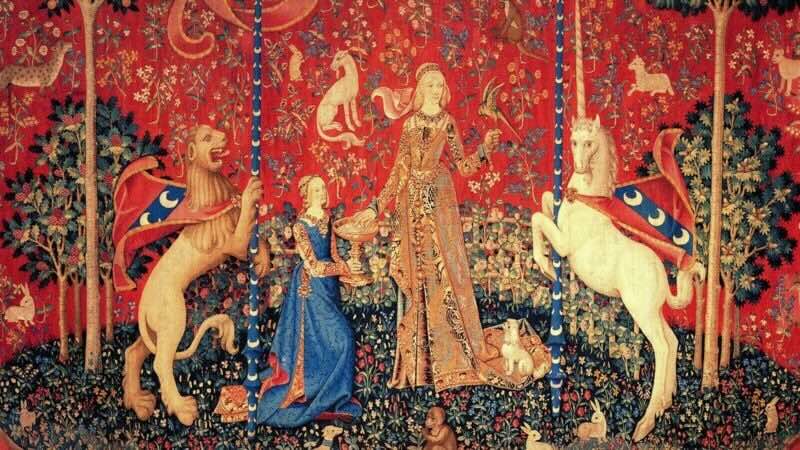Lans Smith
The Grail Romances of the Middle Ages and the Individuation Process

Howard Bloom once quipped that Freud was Shakespeare in prose. One might also say that Jung is Wolfram von Eschenbach in prose. All the great themes of Jungian psychology are present in Wolfram’s splendid poem, Parzival, of 1220. It offers the most spectacular version of the Grail quest in all of European literature, along with some of the most sophisticated portrayals of love and the dynamics of the individuation process. Joseph Campbell celebrated what he called its “secularized mythology”— the interpretation of the great themes of myth as symbols of psychological and spiritual growth. These blogs focus on the Romances of both Wolfram and Chrétien of Troyes, with an emphasis on the individuation process—the movement from the complexes to the archetypal images of the Grail and the divine feminine.
Enjoy the articles in this series:
- Dreams and the Call to the Quest: Travels with Joseph Campbell
- Chretien’s “The Knight with the Lion”: Yvain and the Lady of the Fountain
- Chretien’s “The Knight of the Cart”: Lancelot and Guenevere
- Wolfram von Eschenbach’s Parzival: Parzival and Condwiramours
- Wolfram von Eschenbach’s Parzival: Gawain and Orgeluse
- Sir Gawain and the Green Knight
- Gawain and the Loathly Damsel
- Merlin and Vivienne
Share
Other blog posts

Jung Platform is an online education space that offers a range of depth psychological and spiritual perspectives. Our courses and talks explore the journey of life with guidance from highly regarded teachers.
We are passionate about offering practical, life-enhancing tools and opportunities to connect with others on this path. Our aim is to help people connect to their own soul, so they can live more fully and colorfully.
Stay inspired.Get our magical updates.
Thank you for signing up!
FEATURED LINKS
-
Headquarters in Salt Lake City, Utah
-
info@jungplatform.com
-
Copyright © 2026
